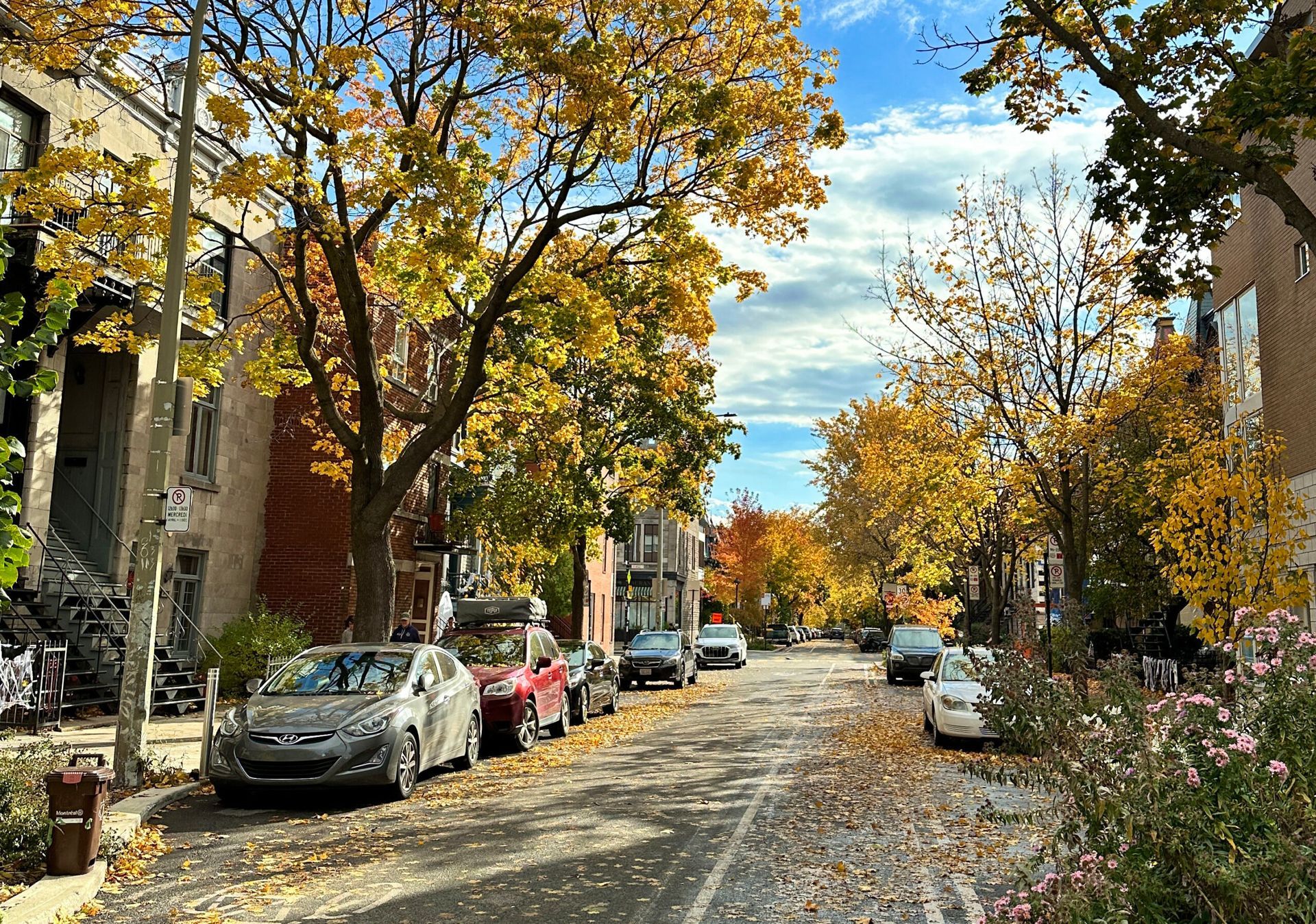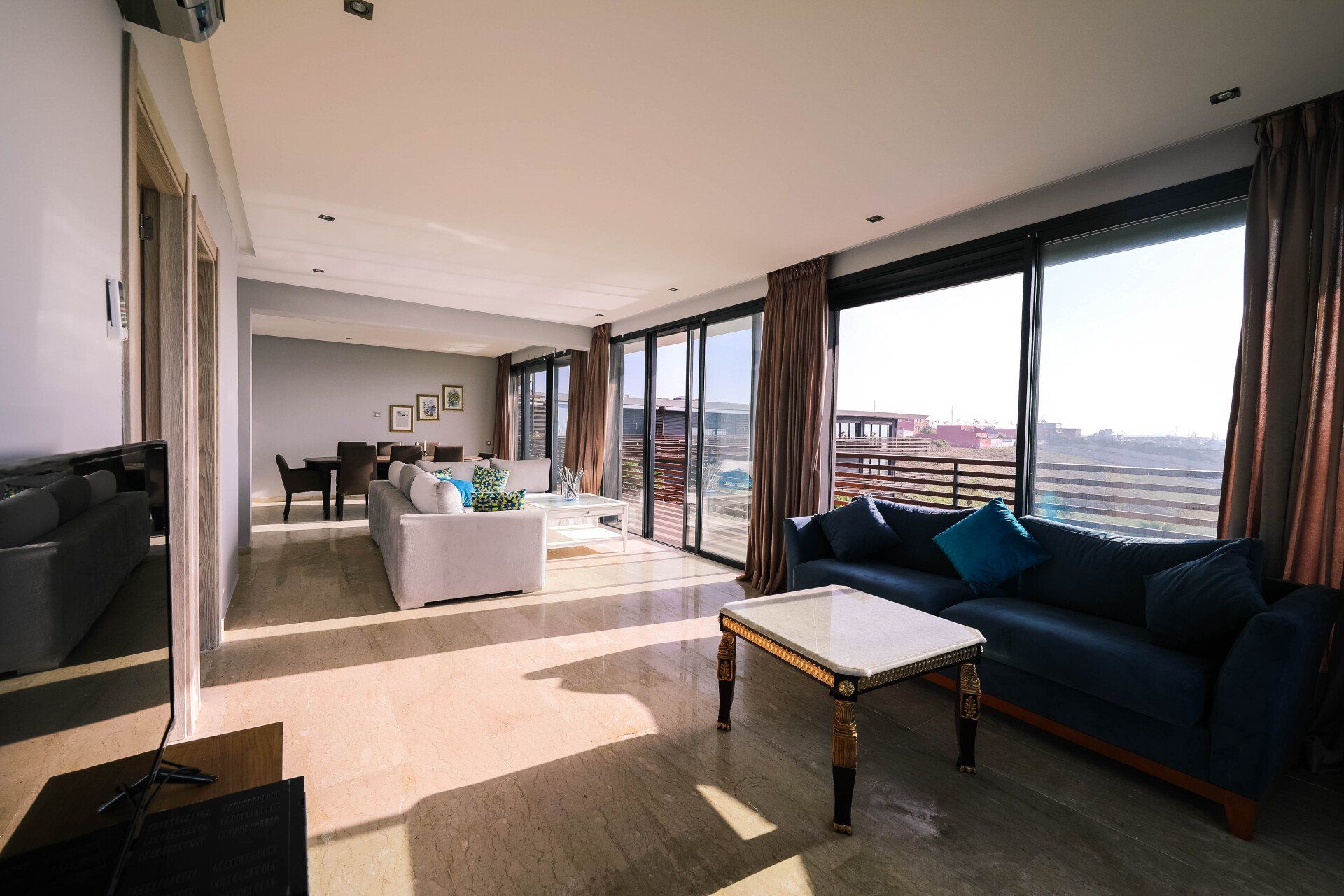Exploring Neighbourhoods: Finding Your Ideal Home's Locale
Finding the perfect home involves more than just the property itself; it's also about finding the right neighbourhood that aligns with your lifestyle, preferences, and needs. Whether you're moving across town or relocating to a new city, exploring neighbourhoods is an essential step in the home buying process. In this blog post, we'll discuss tips for researching and evaluating neighbourhoods to help you find the perfect location for your new home.
1. Identify Your Priorities
Before you begin your search, take some time to identify your priorities and preferences in a neighborhood. Consider factors such as proximity to work or schools, access to amenities like parks and grocery stores, safety, and the overall vibe or atmosphere you're looking for. Understanding what matters most to you will help narrow down your options and focus your search.
2. Conduct Online Research
Start your neighborhood exploration by conducting online research. Utilize real estate websites, neighborhood review platforms, and local government websites to gather information about different neighborhoods. Look for data on crime rates, school ratings, property values, demographic information, and amenities. Pay attention to reviews and feedback from current residents to get a sense of the community's strengths and weaknesses.
3. Visit Neighborhoods in Person
While online research is valuable, nothing beats experiencing a neighborhood in person. Take the time to visit neighborhoods you're interested in and explore them firsthand. Walk around the area, visit local shops and restaurants, and observe the overall atmosphere. Pay attention to factors such as cleanliness, upkeep of properties, and the presence of community events or activities.
4. Talk to Residents
One of the best ways to get insights into a neighborhood is by talking to its residents. Strike up conversations with neighbors, shop owners, and people you encounter during your visits. Ask them about their experiences living in the neighborhood, what they like and dislike about it, and any advice they have for prospective residents. Their firsthand perspectives can provide valuable insights into what life is really like in the neighborhood.
5. Consider Future Development
When evaluating neighborhoods, consider not only their current state but also their potential for future development. Research any planned or ongoing development projects in the area, such as new shopping centers, parks, or transportation infrastructure. Future development can impact property values and the overall character of the neighborhood, so it's important to factor this into your decision-making process.
6. Trust Your Instincts
Ultimately, trust your instincts when evaluating neighborhoods. Pay attention to how you feel when you're in a particular area. Does it feel like a place where you could see yourself living and thriving? Listen to your gut instincts and intuition, as they can often provide valuable guidance in the decision-making process.
Finding the right neighbourhood is an essential aspect of the home buying journey. By researching and evaluating neighbourhoods thoroughly, considering factors such as your priorities, conducting in-person visits, talking to residents, considering future development, and trusting your instincts, you can find the perfect location for your new home. Remember that finding the right neighbourhood may take time and patience, but the effort is well worth it when you discover a community that feels like home.






